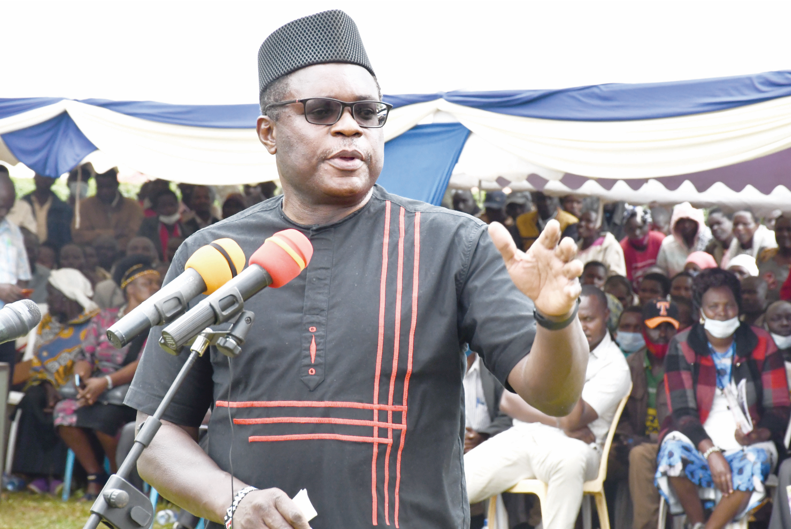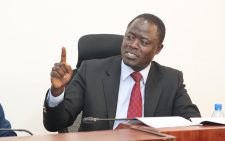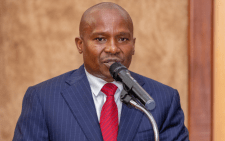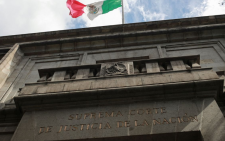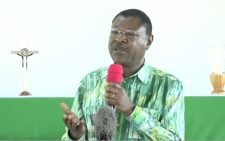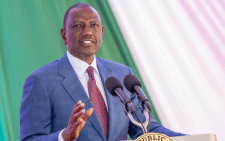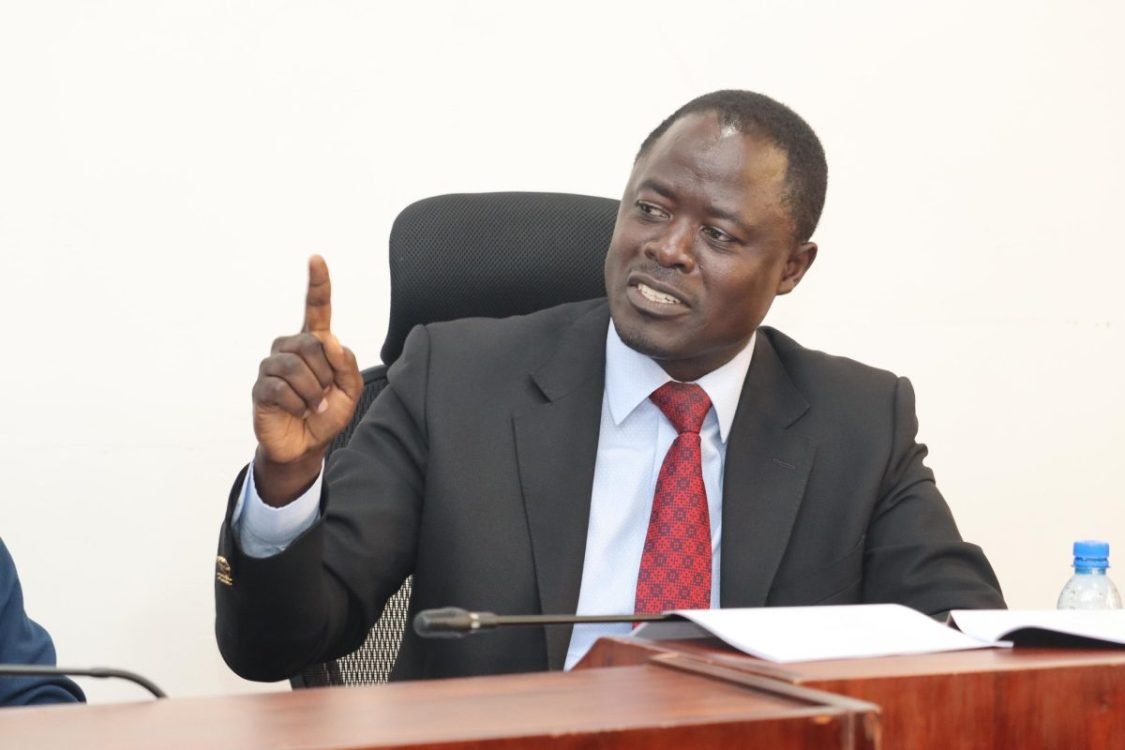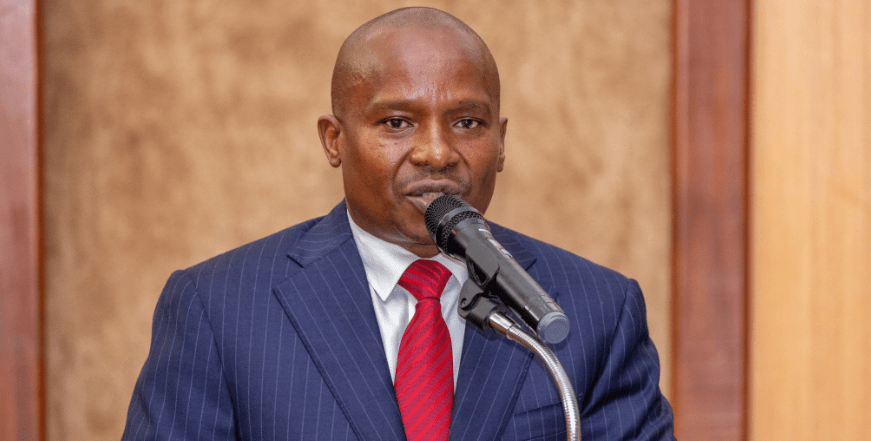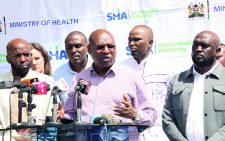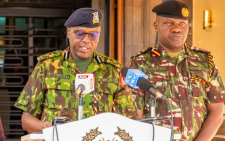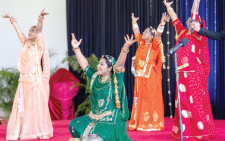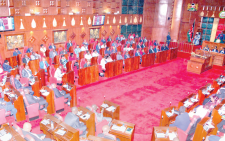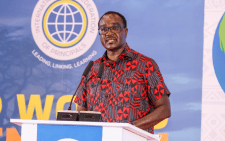Bungoma governor and former Senate Speaker Ken Lusaka in a conversation with People Daily revealed that he went through some tormenting moments when it was time for him to choose the political party on which to run for the Bungoma seat, an issue that placed him at loggerheads with both then President Uhuru Kenyatta and his estranged deputy William Ruto both of who were leading different political outfits from the one they had jointly contested on in 2017.
“At this time, delegations of top leaders from both factions could troop to my house at very odd hours, mostly at night without announcement to persuade me to go their side. Some of them were even very impolite and used very unkind words that bordered on threats. It reached a time when I and some of my colleagues were forced to be leaving our phones at home to avoid being listened to. It was terrible. We were being followed all over. It was a great relief when I finally made my decision to join Ford Kenya public rally at Posta Grounds in Bungoma town where I had been escorted to by more than 20,000 supporters,” Lusaka notes.
He says he settled on Ford Kenya after lengthy and deliberate consultations with his close courtiers and family members as well as then Bungoma Senator (now National Assembly Speaker) Moses Wetangula and arrived at a middle-ground decision with which he did not want to irritate either President Uhuru or his depty, Ruto.
Co-incidentally, Wetangula was the Bungoma Senator in 2013-17 when Lusaka was the area Governor and it was he, through his Ford Kenya party, who de-campaigned the former provincal administrator in 2017 to ensure that he loses the seat.
Reality on the ground
“Since the President was fully pushing for the Azimio la Umoja presidentiaal candidiate (Raila Odinga) and the Deputy President (Ruto) was campaigning for himself in Kenya Kwanza Alliance through his UDA party, my advisers told me to choose a neutral party and that is how I went to Ford Kenya. But what is more, as they say, politics is local. That is the point. In my home county of Bungoma, Ford Kenya was, and still is, the party of the moment. It rules the roost there. It would have been fatal to seek an elective seat in Bungoma outside the realm of Ford Kenya. Teaming up with Weta (as the National Assembly Speaker is commonly referred to) made work easier for both of us and Kenya Kwanza in Bungoma. That is the reality on the ground and that is what informed my decision to join the party. Azimio did noy and cannot get space there,” says Lusaka.
He defends his record as Speaker, saying that he ensured that parliamentary business went on successfully despite intermittent attempts to derail its working and performance.
He says that during his tenure, he ensured that the House was united and worked seamlessly devoid of political considerations on crucial matters, he delivered on the Revenue Allocation Bill after it had failed 11 times, created warm relations between the Senate and County Assembles through football matches involving the two sides, established the Senate Mashinani initiative where the Upper House held its sittings in counties and had done so in Uasin Gishu and Kitui counties before they were disrupted by the Covid 10 pandemic and ensure that all Government Motions and Bills went through the House without an iota of a hitch,
“What needs to be understood is that though the three arms of Government are constitutionally independent, they are also constitutionally inter-dependent. The Executive and Judiciary depend on Parliament for oversight, formulation of laws and budgetary allocations while on the other hand, both the Executive and Parliament rely on the Judiciary for interpretation and dispensation of justice,” he said.
“On the other hand, Parliament and the Judiciary depend on the Executive for provision of security, financing and general enforcement of law and order. None of them can therefore, purport to be totally independent of and indifferent to each other.
Devolution working
Parliament operates under very strict rules and procedures. No Speaker worth their salt can afford to go against parliamentary regulations as laid out in the House Standing Orders. Everything that a Speaker does while in the Chambers is provided for in the law,” says Lusaka.
On his return to the gubernatorial seat Lusaka offers: “Devolution is working. Decisions are made closer to the people. The populace is now more informed about their rights and the need for them to take part in decision-making. Citizens participation is now a must and not an option in our constitutional dispensation. No county can be said to be where it was in 2013. A lot has been done to improve lives of the citizenry. We have opened up hitherto inaccessible parts of the country. However, though we are on the right course, we need to move further in so far as devolution is concerned. We are still stuck at the county headquarters yet we need funds to trickle down to the ward level where MCAs (Members of County Assembly) can also spearhead development projects given that they are the ones in closer touch with the people.”
When he was Senate Speaker, Lusaka over-saw the impeachment of two GovernorsL Ferdinand Waititu of Kiambu and Mike Mbuvi Sonko and also presided over the session that save Kirinyaga Governor Anne Mumbi Wauguru from impeachment.
He denies having been influenced to rescue Waiguru saying: That is not true. That is not just possible. The whole country watched what took place in the House. This was purely a matter for the senators to decide which way they wanted to handle it. I had no role and I could not have had one. There is no way a Speaker can play such monkey businesses because they will simply boomerang on his or her face,” Lusaka told People Daily.
However, the Speaker maintains that his work is actually easy as it strictly guided by the rule of law and not any other consideration, arguing that, in fact, neither he nor House rules, are awake to differences that could exist among individuals who are not members of the senate.
“I had no say in such matters. The Speaker goes by the rules in the book. I was firmly guided by the law, not innuendo or any individuals outside the House. It is Members who make a verdict on such matters and mine would only be to announce the outcome. Let me reiterate that House rules are very clear and no amount of pressure or trickery can cause the circumvention of the same. The law and Standing Orders are the ones in charge, not the Speaker. I only execute them,” he stated.
Said Lusaka: “Parliament is a House of rules, procedure and precedence where the Standing Orders and the Constitution guide the outcome of every debate. Everything that takes place or one does there is guided by relevant Standing Orders. All the rulings and statements the Speaker makes are based on law. That office requires its holder to faithfully respect and adhere to the law. The Speaker has no opinion, or room for one,” he observed.
In the countdown to Waiguru’s case, Lusaka presided over – amid heated controversy – the sending home of former Kiambu Governor Ferdinand Waititu back in January and ouster from House seats last month of Elgeyo-Marakwet Senator Kipchumba Murkomen as Leader of Majority, his Tharaka-Nithi counterpart Prof. Kithure Kindiki as Deputy Speaker and Nakuru Senator Susan Kihika as Majority Chief Whip.

